51 Results
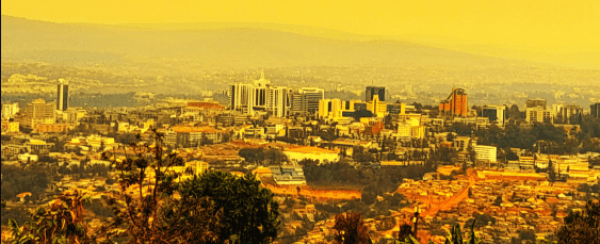
Q&A with Samuel Shearer, author of "Kigali"
Nov 20 2025
Author and first-gen scholar Samuel Shearer discusses his book, "Kigali," an ethnography exploring the politics of urban design, displacement, and the dual crises of capitalism and ecology in Kigali, Rwanda.
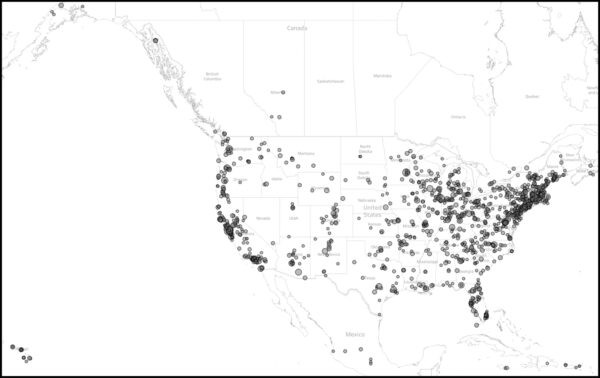
Mapping Lesbian History: Q&A with Cameron Blevins and Annelise Heinz
Jul 30 2025
Historians Cameron Blevins and Annelise Heinz use digital mapping technology to uncover a hidden geography of lesbian life in the 1970s and 1980s, tracing patterns of connection among lesbian women in urban areas, small towns, and rural America.
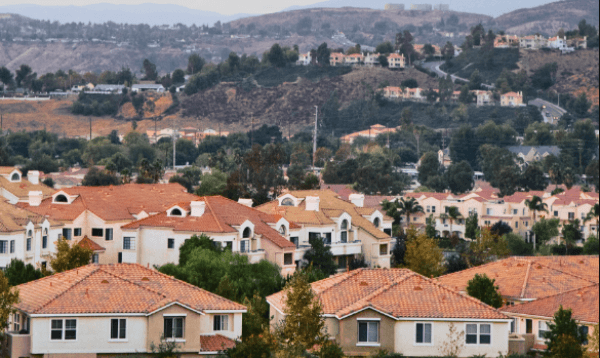
What LA’s Antelope Valley Teaches Us about Fighting for Just Cities
May 13 2025
Today, there's a broad understanding that American cities are operating in unsustainable ways. How does this untenable model persist? As author Rahim Kurwa explains, it has to do with offloading crises to cities' peripheries.

Help Us Grow Our FirstGen Program!
Apr 22 2025
UC Press has great news to share about FirstGen program growth and seeks your support for its continued success. Here’s how our program has benefitted first-gen authors so far.
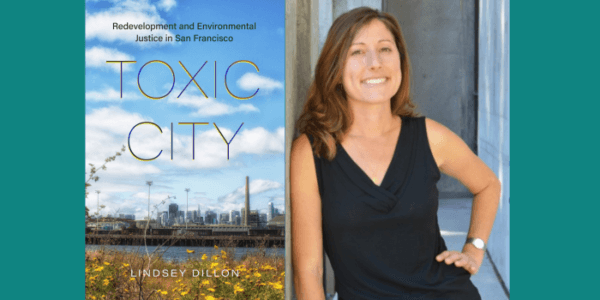
Environmental Justice in San Francisco
Mar 20 2025
Lindsey Dillon, author of "Toxic City," writes about environmental activism in the Bay Area
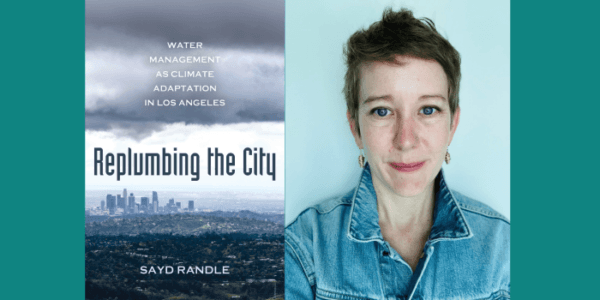
Q&A with Sayd Randle, author of "Replumbing the City"
Mar 20 2025
Author Sayd Randle discusses their new book "Replumbing the City: Water Management as Climate Adaptation in Los Angeles"
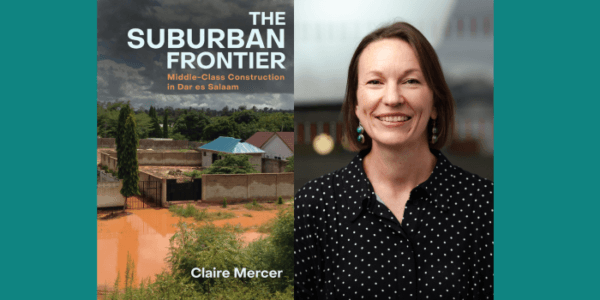
House-building in Dar es Salaam, Tanzania
Mar 19 2025
Author Claire Mercer talks about her new book and how the suburb and the middle classes construct each other.
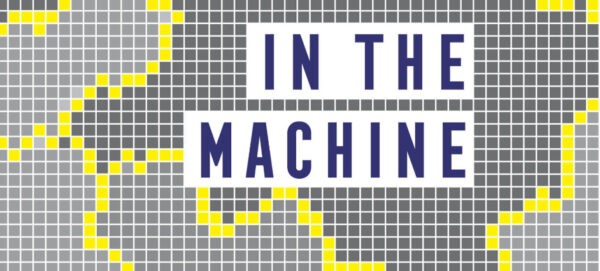
The Power of Place in Understanding—and Reframing—Digital Capitalism
Dec 18 2024
Author Luis F. Alvarez Leon argues that asserting the power of place to reframe digital capitalism in geographic terms is a way to reclaim the digital as part of our social world.
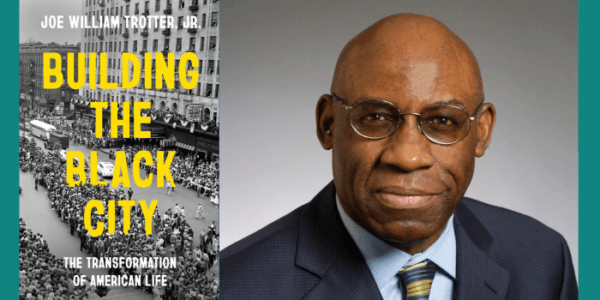
Q&A with Joe William Trotter, Jr., author of "Building the Black City"
Nov 08 2024
In "Building the Black City," Joe William Trotter, Jr., traces the growth of Black cities and political power from the preindustrial era to the present.
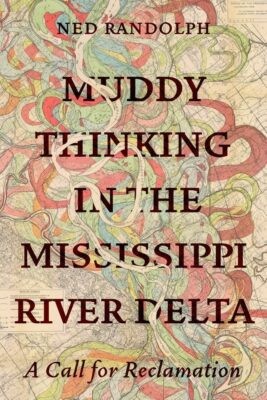
Finding hope in a precarious place
Oct 17 2024
While rising insurance rates in New Orleans reflect the challenges of engineering away from danger, we are drawn to something more powerful than a hurricane: a fierce cultural persistence for breaking bread in the ruins.